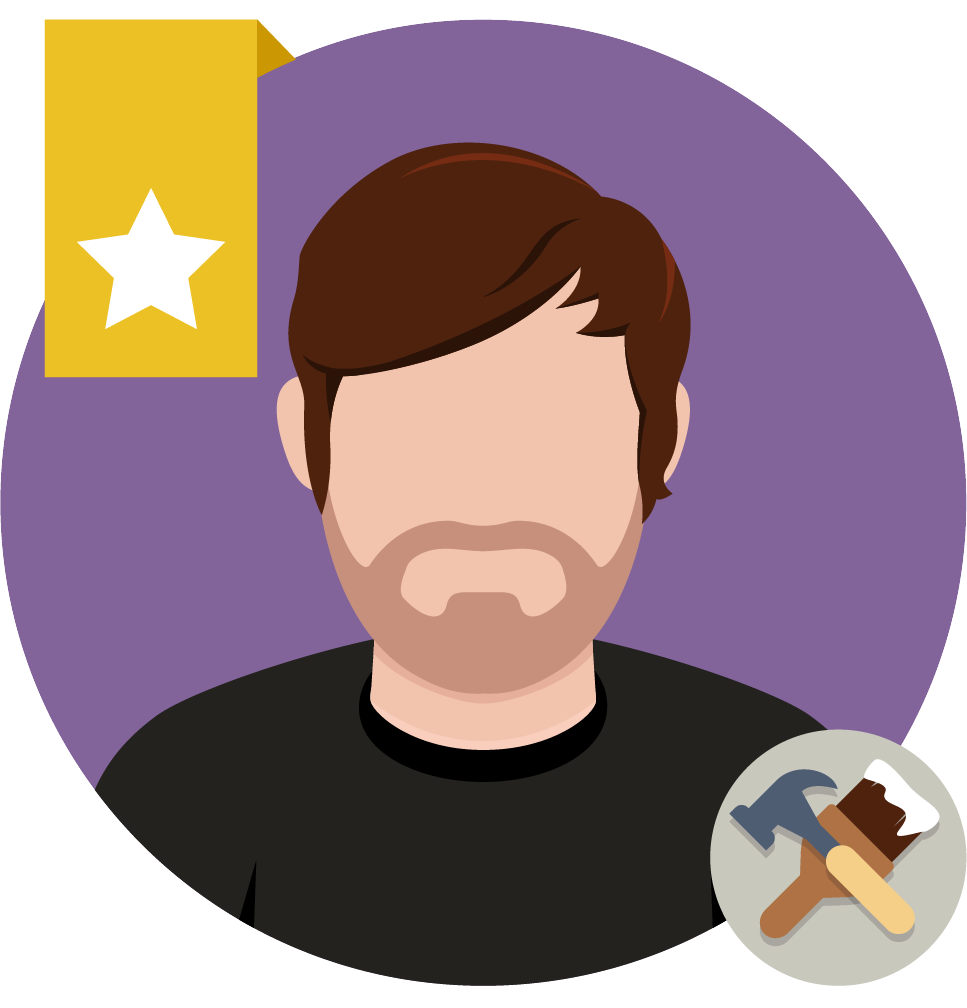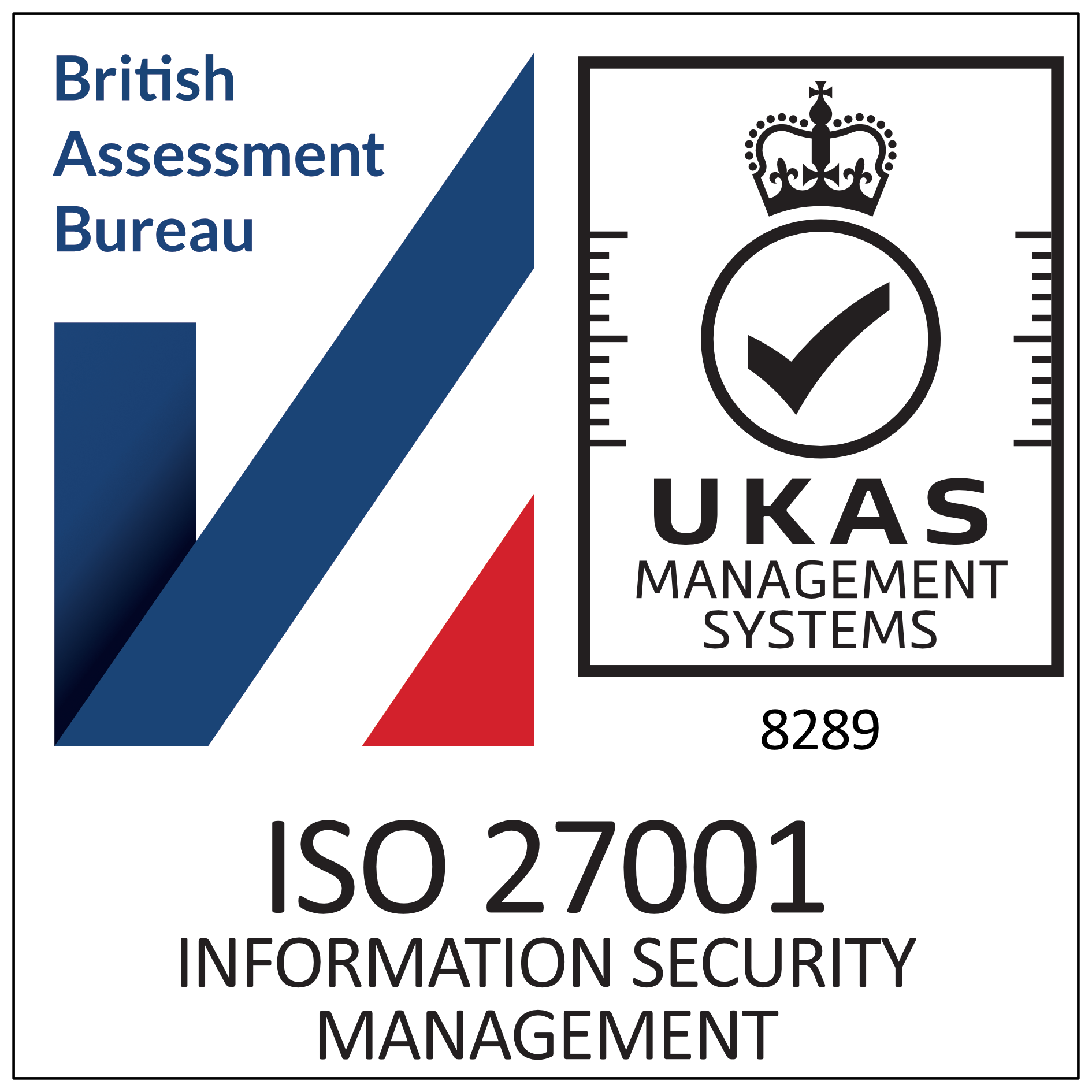Care Companion
Where do you find resources and support when caring for someone?
- Client: University of Warwick
-
Services:
Brand Identity
Online Software
UX & UI Design
Printing
-
Funded by:
NHS South Warwickshire CCG
NHS Coventry and Rugby CCG
Warwickshire County Council
Warwick University Medical School
-
Awards:
BMA Patient Information Awards 2019
Runner-Up:
"Community Care"BMA Patient Information Awards 2019
Highly Commended:
"User Engagement"West Midlands Academic Health Science Network 2019
Highly Commended:
“Supporting Self Care and Prevention of Illness”Patent Experience Network 2018
Finalist:
Support for Caregivers, Friends and Family
Care Companion is a web-based suite providing tailored support to an ever-growing population of non-professional carers in the home. Starting in Warwickshire, Coventry and Rugby, the project is transforming the lives of unpaid carers and their cared for, whilst drastically reducing the number of avoidable hospital admissions. In so doing, this eases pressure on NHS frontline services. Its primary aim is to support carers and those they care for by recommending relevant, specific resources. These include medical information, local support groups, useful contacts, financial and emotional support as and when the carer needs them. It also provides a space for carers to keep track of changes in mood and wellbeing, and add appointments into their Care Companion diary.
Finalist: PENNA 2018, Support for Caregivers
Runner-Up: WMAHSN 2019, Supporting Self Care & Prevention of Illness
Highly Commended: BMA Patient Information Awards 2019, User Engagement
Runner-Up: BMA Patient Information Awards 2019, Community Care
Research has shown that many unpaid carers suffer from stress, anxiety, and loneliness due to isolation.
The solution
Care Companion is a radical digital solution that has been built on a foundation of research conducted by the University of Warwick. After asking the carer questions about their situation, it can recommend the most relevant and trustworthy resources that have been hand-picked for their situation. This means they are recommended support groups they didn’t know existed, legal advice they were yet to consider, and financial assistance they didn’t know they qualified for.Care Companion recommends resources relevant to the carer’s individual situation, as it changes.
A project built on a foundation of research
The project began as an extensive research study conducted by the University of Warwick, which involved substantial patient and public involvement. It comprised of scoping literature reviews, interviews, and focus groups with carers and organisational stakeholders. The research showed that the most common way carers would find information was through online search engines, but they found it difficult to know which resources were reliable. However the main complaint was that search engines don’t help you find information that you don’t know you don’t know.Their conclusion was a digital solution that could suggest reliable resources to a carer’s individual situation would be highly effective at supporting carers; it would save them time searching, and would be more reliable and trustworthy. Crucially, it could show them useful resources they didn’t know anything about, so didn’t know to look for.
Support from a diverse stakeholder group
The team joined forces with Global Initiative to create a Minimum Viable Product (MVP) to prove the concept would be effective and sustainable. By this time, the wider Care Companion team included the research team at University of Warwick, a dedicated panel of six carers, stakeholders from Age UK, Warwickshire CCG, Warwickshire County Council, Coventry and Rugby CCG, and now Global Initiative as the design and development team. The sheer amount of people, all with different viewpoints that have contributed their expertise to the project is quite remarkable. From the very beginning of the project development, the carer panel were on hand to ratify and validate features and to test out ideas. Their feedback was absolutely crucial to the development of the project. It is their feedback, along with the feedback from the wider team, that makes Care Companion stand out as an incredibly well validated solution.Consulting the care panel to help define the project
The project began by the team at Global Initiative and the Care Panel creating user stories to define features in a user story mapping session. Each story is a task that the user is trying to complete, or a problem that needs to be solved. It was therefore incredibly valuable that the care panel could be directly involved in this session.Wireframing the concept
We created low fidelity wireframes to prototype Care Companion, and we used these to test out the features with the care panel. Because of their low fidelity, it’s very easy to iterate wireframes based on feedback, and we can quickly try out new ideas without wasting time.Returning to focus groups to ratify the solution
As we increased the fidelity, the wireframes evolved into designs, and then into functioning code. We kept on returning to the Care Panel to test features, and sense check concepts.MVP Launched
By the end of the first phase we were ready to launch our MVP. We opted for a soft launch, as we knew we would come across refinements that would need implementing in order to ensure Care Companion would be well received by a wider audience. We are currently in this refinement phase, and are looking to release it to the rest of Warwickshire in the new year.Care companion is available to the carer for every step of their journey.
1 Resources
Browse through relevant resources that have been recommended to your personal situation.2 Journal
Keep track of when things happen, and reflect on progress.3 Contacts
Connect with local resources, and build a contacts library for help and support.4 Mood monitor
The mood monitor asks you how you are feeling daily, reducing the feeing of isolation.Validation
"A core strength of the Care Companion is that it has been developed with carers for carers. By working with the Carer User Panel, the development team have been able to consult on the design and content of the Care Companion at each stage so that in every way it is a co- production."Gillian, Chair of Carers’ User Panel







